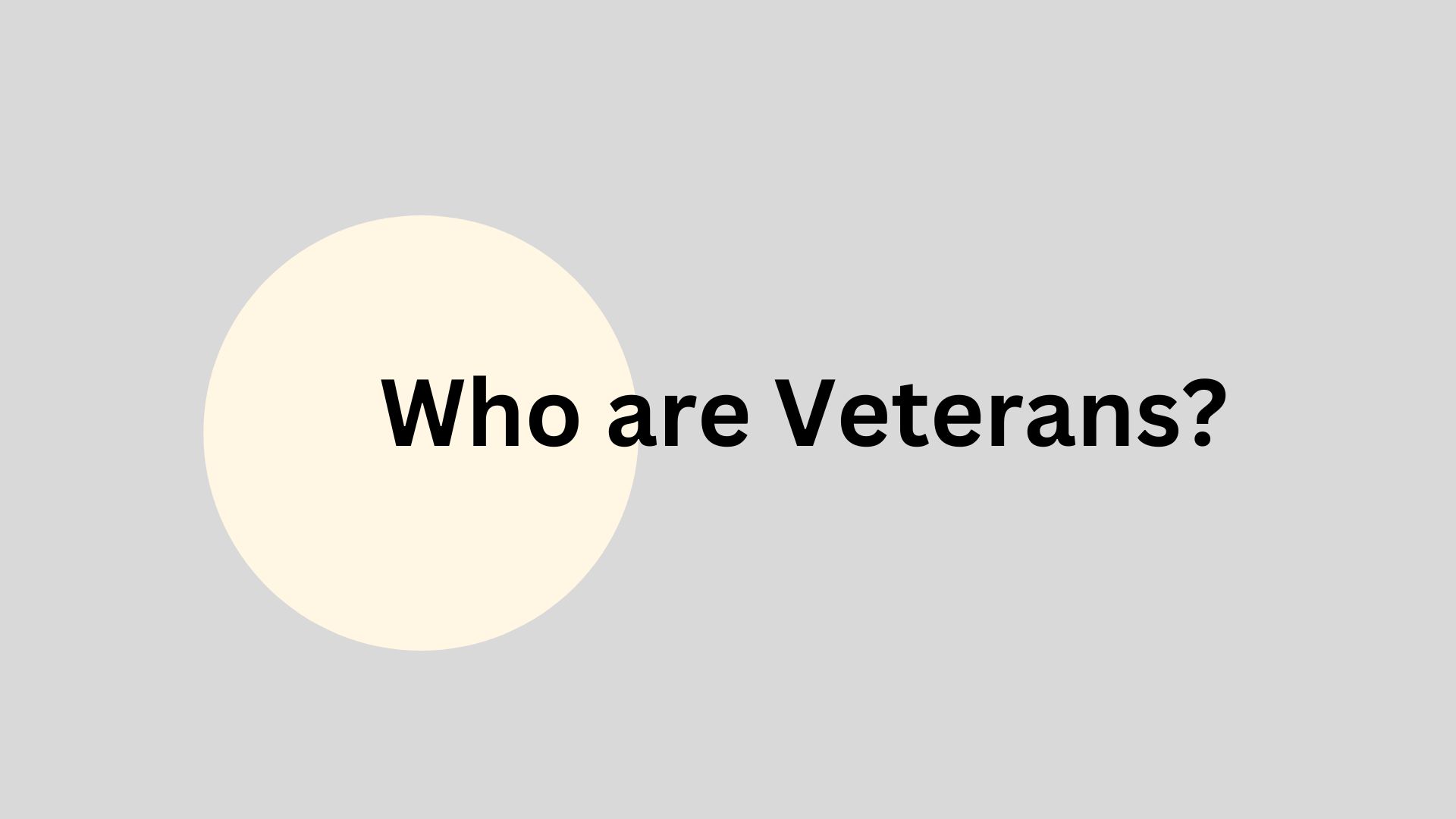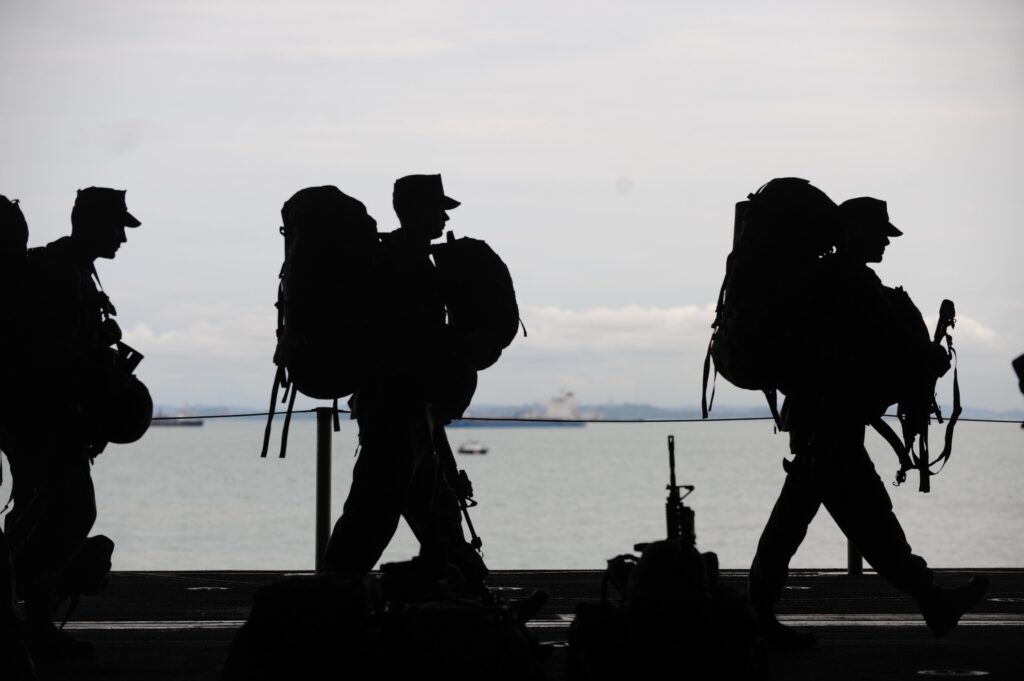Introduction
Who are Veterans?
Veterans are a crucial and honorable segment of society, individuals who have served their nation with dedication, sacrifice, and valor. They represent a diverse group of men and women who have donned military uniforms and taken on the responsibilities of defending their country. In this 600-word exploration, we will delve into the multifaceted world of veterans, examining who they are, their contributions, challenges, and the importance of honoring their service.
The Role of Veterans
At its core, a veteran is someone who has served in the armed forces of their country. This service can range from a few years to an entire career, and it may encompass active combat duty, peacekeeping missions, or support roles behind the frontlines. Veterans are an integral part of a nation’s defense system, representing the embodiment of its commitment to safeguarding its citizens and preserving its way of life.
Diversity among Veterans
Veterans are not a monolithic group; rather, they encompass a rich tapestry of individuals from various backgrounds, ages, and experiences. They come from diverse racial, ethnic, and socioeconomic backgrounds, and their reasons for joining the military can vary greatly. Some enlist out of a sense of duty and patriotism, while others do so for educational or career opportunities.
Moreover, veterans can be found in all branches of the military, including the Army, Navy, Air Force, Marines, and Coast Guard. Each branch has its own unique culture, traditions, and mission, which shape the experiences and identities of its veterans. Additionally, veterans may serve during different eras, from World War II to the Cold War, the Gulf War, or the post-9/11 conflicts in Iraq and Afghanistan. These varying experiences further contribute to the diversity of the veteran community.
Contributions of Veterans
The contributions of veterans to society are immeasurable. They have defended their countries against external threats, safeguarded peace and stability, and provided humanitarian aid during crises. Their service has often involved enduring extreme hardships, facing danger, and making personal sacrifices. The bravery and resilience displayed by veterans in the line of duty are qualities that inspire respect and admiration.
In times of peace, veterans continue to serve their communities as leaders, mentors, and volunteers. They bring the values of discipline, teamwork, and dedication they learned in the military to civilian life. Many veterans excel in various fields, from business and politics to healthcare and education, making significant contributions to the betterment of society.
Challenges Faced by Veterans
Despite their valuable contributions, veterans can face unique challenges upon returning to civilian life. The transition from military service to civilian life can be challenging, as veterans may grapple with issues like post-traumatic stress disorder (PTSD), physical injuries, and difficulties finding suitable employment. Reintegrating into society can be particularly daunting for veterans who have spent extended periods on deployment or experienced combat.
Furthermore, some veterans may struggle with homelessness, substance abuse, or mental health issues. These challenges underscore the importance of providing comprehensive support and resources to veterans, including access to healthcare, education, and job training programs.
Honoring Veterans
Recognizing and honoring veterans is a duty that extends beyond Veterans Day or Memorial Day. It involves acknowledging their sacrifices, understanding their experiences, and supporting them in their post-military lives. Simple gestures like expressing gratitude, attending veterans’ ceremonies, or contributing to veterans’ organizations can make a significant difference.
Institutions and governments also have a crucial role to play in ensuring that veterans receive the care and support they deserve. This includes funding healthcare services, offering mental health resources, and implementing policies that promote veterans’ employment and housing stability.
Conclusion
In summary, veterans are individuals who have served their nations with honor and dedication in the military. They come from diverse backgrounds and have made immeasurable contributions to their countries’ defense and well-being. However, they also face unique challenges as they transition to civilian life, which underscores the importance of providing them with the support they need. Honoring veterans is not just a responsibility; it is a gesture of gratitude for their selfless service and a recognition of their vital role in safeguarding the freedoms and values we hold dear.

